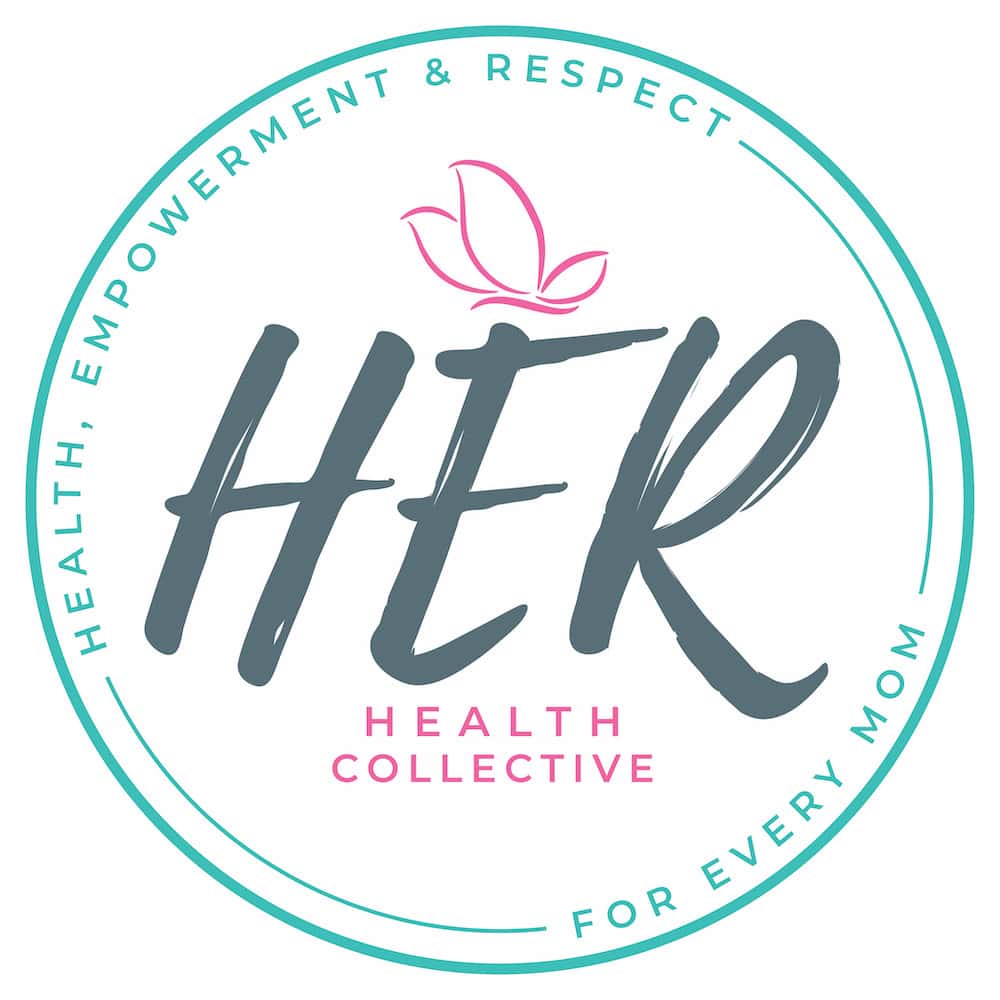
Three Ways to Lesson the Risk of Burnout in Motherhood
A fundamental to burnout is respecting your bandwidth, the energy and mental capacity you have to get things done. It turns out that kids have a major impact on that. Erayna shares three things that she has either learned or that has been reinforced about mitigating burnout.

























